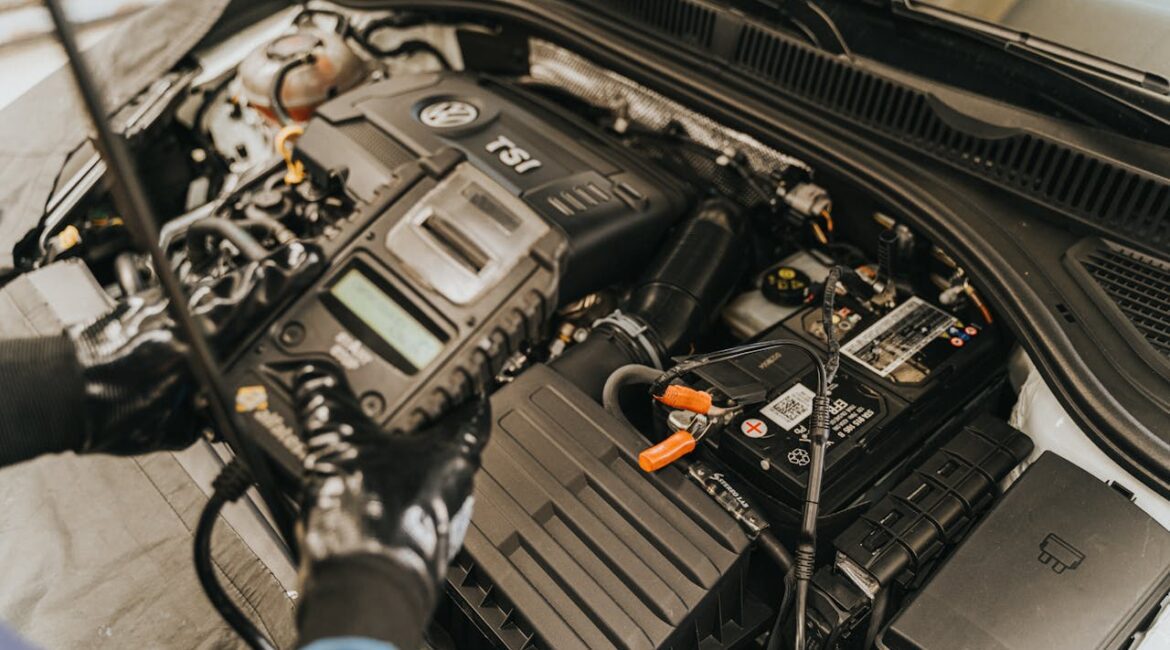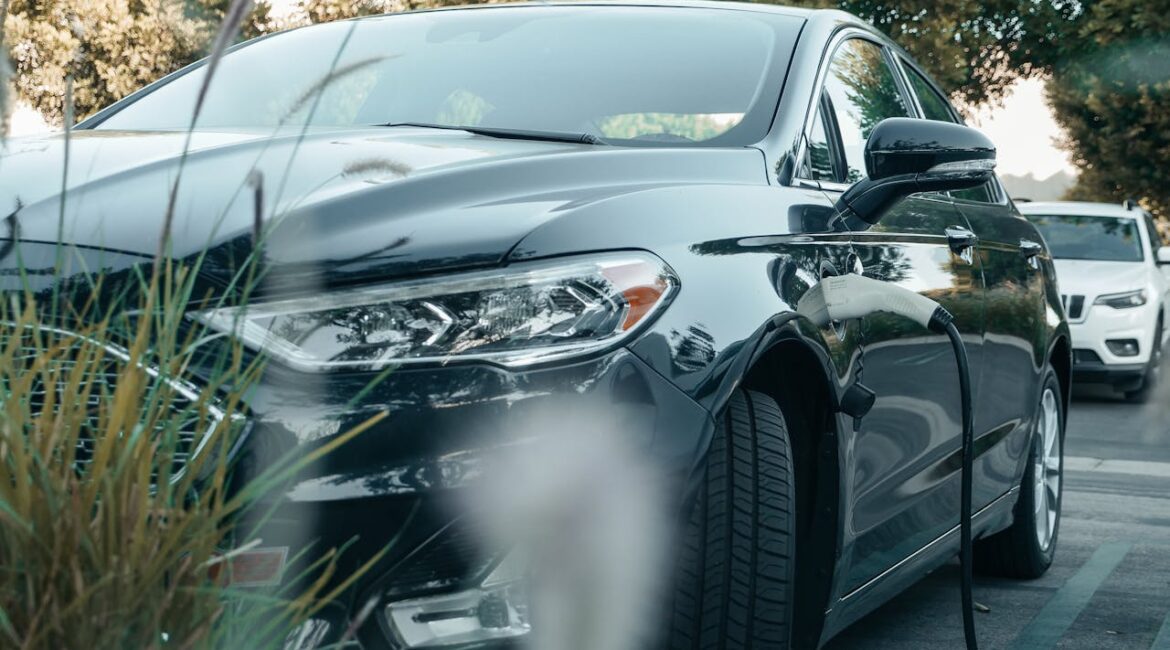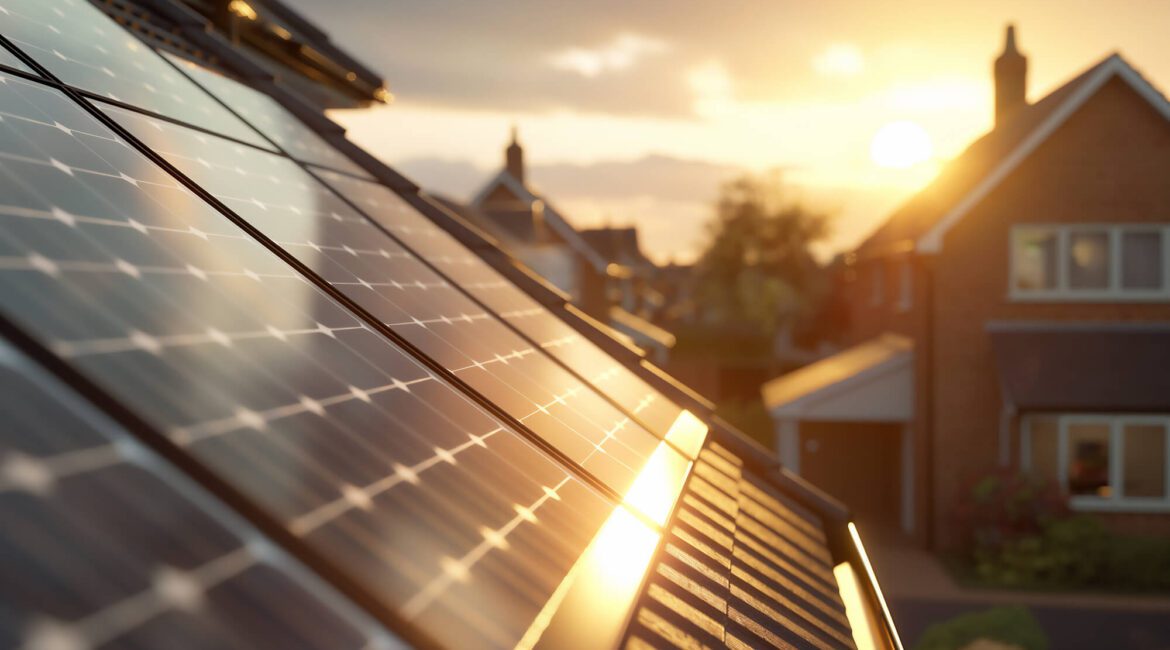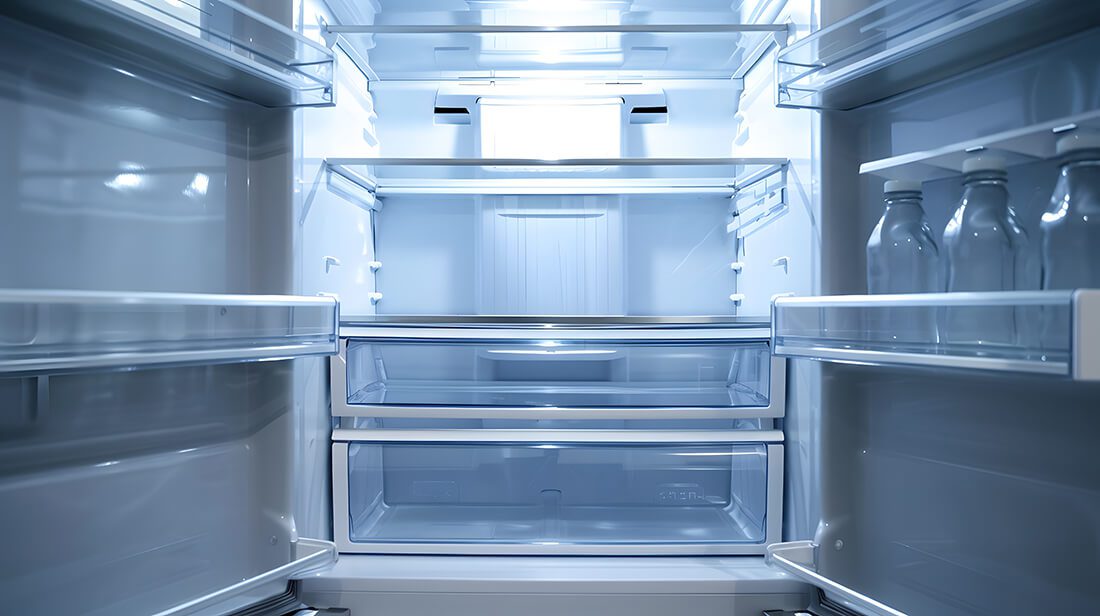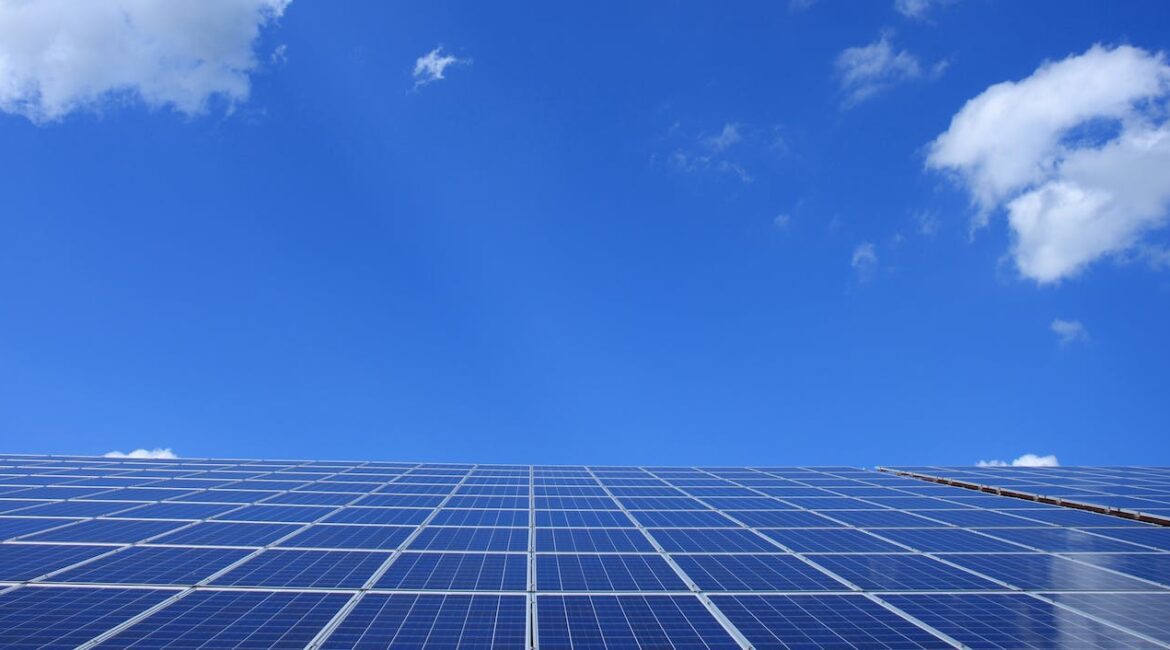A lead-acid battery works by converting chemical energy into electrical energy through a reversible chemical reaction between lead dioxide (positive plate), sponge lead (negative plate), and sulphuric acid (electrolyte). During discharge, lead dioxide and lead react with sulphuric acid to produce lead sulphate, water, and electricity. When recharged, this reaction reverses,...
Are All EV Batteries Lithium?
Most EV batteries used are lithium. However, some electric car batteries may use nickel-metal hydride batteries and lead-acid batteries. New technology, including solid state batteries, are also being developed in battery technology for use in electric vehicles.The Types Of EV BatteriesLithium IonThe lithium-ion battery is the star player in the EV...
How To Make An Ebike Battery Last Longer
Lithium-ion batteries are the most popular choice for e-bikes, which typically last around 5 years. Increasing the longevity of your ebike battery will depend on various factors, including maintenance, charging frequency, usage, and environmental conditions. With ebike batteries costing anywhere upto £1000, it's important to maintain your battery to make the...
What Are Lithium Batteries?
Lithium batteries are a type of rechargeable battery that uses lithium ions as the primary charge carrier. They are widely used in various applications due to their high energy density, lightweight nature, and ability to retain a charge over a long period. It is projected that between 2022 and 2030, the...
Construction Company Case Study: Solar Panel Waste
We received an enquiry from a construction company that needed help disposing of solar panels. The business was working on a project which required the removal of multiple solar panels, whilst ensuring a sustainable disposal method. At Collect and Recycle, we specialise in recycling solar panel waste.How Did We Help?Once...
Facilities Management Company Case Study
We recently received an enquiry from a well-established facilities management company located in the heart of central London. The client needed a quick, reliable, and compliant solution for the safe disposal of hazardous waste accumulated at one of their sites. With stringent environmental regulations and health and safety laws, the client...
What Are Fridges Made Of?
Fridges are made of a range of materials, mainly including metal and plastic. The variety of materials serve specific functions to ensure efficient cooling, structural integrity, and insulation. Here’s a breakdown of the main components and materials:Materials Used In FridgesMetalsSteel: The exterior shell of fridges is often made from galvanised steel...
Why Should Businesses Recycle Solar Panels?
Whilst solar panels are an important step for businesses looking for green energy solutions, once they reach the end of their life cycle it can feel daunting. Large volumes of solar panels can be collected and disposed of by few recycling companies nationwide, including Collect and Recycle.But what exactly are...
How Much Electronic Waste Is Produced Each Year?
Key Takeaways According to Statista waste statistics, more than 50 million metric tons of e-waste is generated globally every year. In the UK specifically, approximately 20% of the UK's e-waste is currently recycled. WEEE Waste Growth 2025According to recent data, worldwide, the annual generation of e-waste is rising by 2.6...
Push for new UK government scheme to promote the repairability of electronic devices
A report from the United Nations in 2019 placed the UK in second place for the most waste electrical and electronic equipment (WEEE) per person. Generating 23.9kg of WEEE per person, the UK has received a great deal of opposition for its lax stance on e-waste. France has already started planning...
